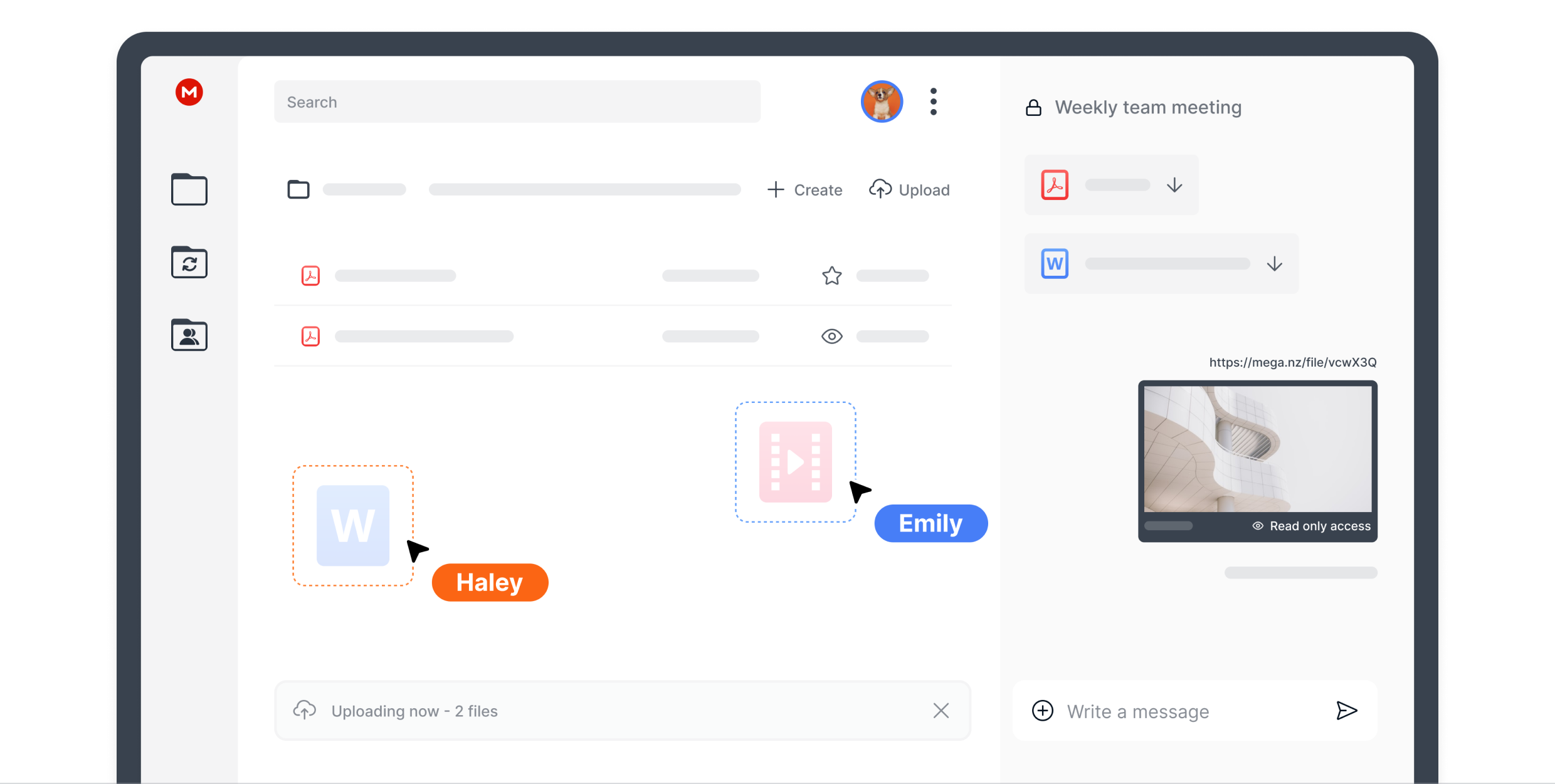Cloud storage has become ubiquitous in modern society. The most widely-used example, I think, is the one that comes prebundled with our p...
Cloud storage has become ubiquitous in modern society. The most widely-used example, I think, is the one that comes prebundled with our p…
You must log in or register to comment.
A place to discuss privacy and freedom in the digital world.
Privacy has become a very important issue in modern society, with companies and governments constantly abusing their power, more and more people are waking up to the importance of digital privacy.
In this community everyone is welcome to post links and discuss topics related to privacy.
Some Rules
- Posting a link to a website containing tracking isn’t great, if contents of the website are behind a paywall maybe copy them into the post
- Don’t promote proprietary software
- Try to keep things on topic
- If you have a question, please try searching for previous discussions, maybe it has already been answered
- Reposts are fine, but should have at least a couple of weeks in between so that the post can reach a new audience
- Be nice :)
Related communities
much thanks to @gary_host_laptop for the logo design :)
- 0 users online
- 108 users / day
- 435 users / week
- 1.32K users / month
- 4.54K users / 6 months
- 1 subscriber
- 4.64K Posts
- 117K Comments
- Modlog







https://nextcloud.com/encryption/
It’s not a big deal if you self-host at home either. You can use SSL for the traffic and LUKS for the storage.
Again, i dont recommend nextcloud because it doesn’t encrypt everything. Same for other cloud providers. I wouldn’t use it unless everything is encrypted client-side and it cannot be turned off.
It is a big deal if you self host. If you server is owned, your data is compromised, because the server can read your data.
To be fair, if your server is taken over, there’s a good chance your other devices have been compromised first/as well, in which case you’re already in trouble.
No way. Servers are easier to compromise because they’re online all the time and by definition exposed to requests from the public internet
You can have a server without a public IP; that’s totally doable. An internal server that’s only accessible from LAN or a VPN is still a server.
Also, the majority of compromises happen because of user error (e.g., someone opens/runs the wrong thing) or an unpatched machine, not because of an exploit in server software/because the machine is always on. This is especially true in the business world where it’s often a combination of human error and the network not being segmented/ACLs not being set properly/etc (lots of cases of human error).
It’s also not that unusual for someone to keep their e.g., desktop always on or their laptop/mobile device in a low power state where it still has network activity despite being “off.”
Yes. In practice, servers are easier to own than computers